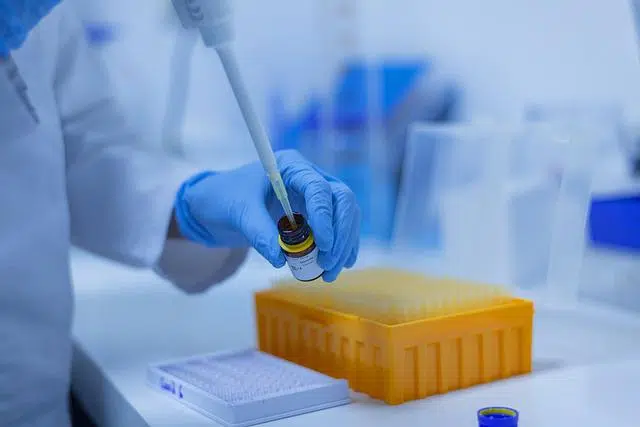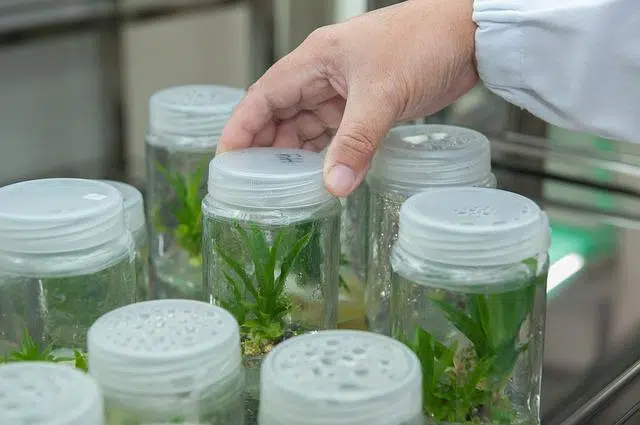
Biotechnology is based on the application of engineering knowledge and other sciences to use biological agents.
Biotechnology is the use of living cells for the production and optimization of medicines, foods and other products useful to humans . The notion also refers to the study of this technique and its applications.
It can be said that biotechnology is focused on the analysis of living organisms to, through technology , take advantage of their resources and capabilities. The pharmaceutical industry, agriculture and food production are some of the fields that use biotechnology to improve their offer.
In other words, biotechnology consists of applying the knowledge of engineering and other sciences to use biological agents in the treatment of organic or even inorganic resources. This allows you to obtain or modify different types of products.
Types of biotechnology
It is possible to differentiate between different types of biotechnology. When applied to agricultural production, we speak of green biotechnology (which allows the development of transgenic plants, for example). Red biotechnology , for its part, is used in medicine (such as when vaccines or antibiotics are generated from microorganisms).
Blue biotechnology involves the application of this discipline in an aquatic environment, while white biotechnology is linked to the industry in general.
There are numerous processes that can be carried out thanks to biotechnology. Biodegradation consists of the use of microorganisms to decompose a substance. Bioremediation , on the other hand, involves the use of these organisms to recover a place whose natural conditions were affected by contamination or another factor.

Green biotechnology is aimed at agricultural production.
Main advantages
One of the main advantages of biotechnology is that it allows for greater crop yields . This is because the use of genetically modified organisms provides them with a higher level of nutrition without increasing resources, and the result is a decrease in the probability of losses due to pests or diseases, two factors that usually ruin many crops each year. .
Another advantage is a marked decrease in the use of pesticides, something that occurs naturally as a logical consequence of the genetic modification of an organism to make it more resistant to a particular pest. This not only represents savings of money and resources, but also a reduction in the risks associated with pesticides.
Foods manufactured using biotechnology have a greater nutritional value than others, thanks to the possibility of adding proteins and vitamins, in addition to reducing the proportions of natural toxins and allergens. Likewise, it is worth mentioning the versatility of these crops, which can be grown in a wider range of conditions and, therefore, are more suitable for less favored countries.
Disadvantages of biotechnology
Although at first the concept of biotechnology and all its applications may have great appeal, they also carry certain disadvantages. One of the negative consequences of its use to increase crop yields is the reduction of labor , a problem that has been plaguing millions of workers for decades and opposing the mechanization of industrial processes.
On the other hand, given that access to technologies related to this type of production requires large sums of money, in addition to land that meets certain very specific conditions , low-income farmers cannot compete with large companies, and this still adds up. more unemployment.
From a purely biological point of view, the transfer of toxins from one organism to another can lead to the emergence of new toxins, among other phenomena that can lead to allergic reactions.
